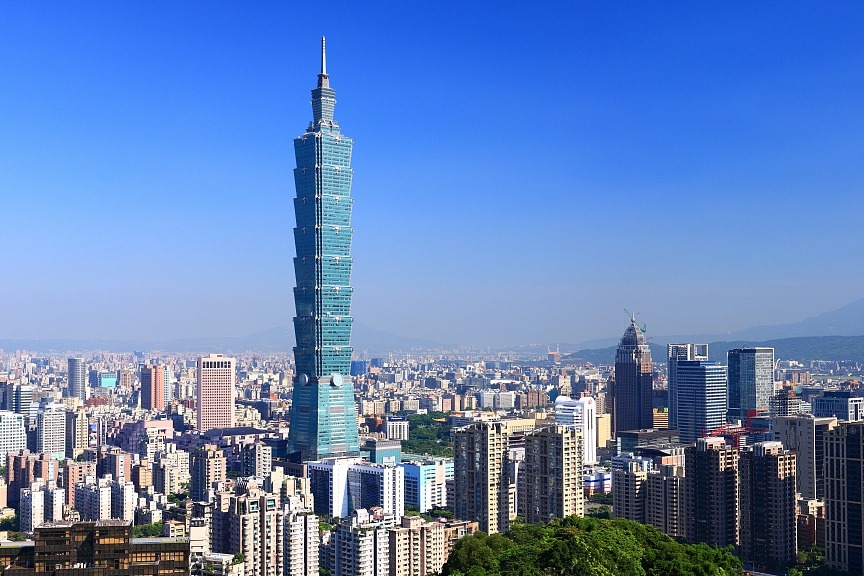China and the World Trade Organization

3. Fully participating in trade policy review
Attaching great importance to trade policy monitoring by other WTO members. The WTO trade policy review (TPR) mechanism is effective in enhancing the transparency of the multilateral trading system. China places great emphasis on the TPR process. Having undergone six TPRs on itself, China is preparing for the seventh one in July 2018. In an open and frank manner, China has briefed the WTO membership on its macroeconomic, trade and investment policies, and listened attentively to their comments and suggestions on China's reform and opening-up. Other WTO members applaud China's active participation and regard China as an impressive example in reinforcing the role of TPR in monitoring commitments, ensuring compliance and enhancing openness.
Urging other WTO members to abide by multilateral trade agreements. Since its accession to the WTO, China has participated in nearly 300 TPRs on other members. It raised thousands of written questions and trade concerns to the members under review, urged them to abide by the WTO rules and their commitments, and played a positive role in safeguarding and strengthening the TPR mechanism.
4. Vigorously supporting the integration of developing members into the multilateral trading system
Supporting the WTO to focus on development. An important objective of the WTO is to ensure that developing members, especially least-developed country members, benefit from international trade and boost their economic growth. As the largest developing country, China understands the difficulties of developing members to benefit from the global value chains and participate in international economic and trade governance. China worked hard to make trade an enabler of the 2030 Agenda for Sustainable Development.
Providing pragmatic and effective support to other developing members. China has reinforced its aid to other developing members, especially least-developed country members, to bridge the South-North development gap. By March 2018, it had accorded zero tariff treatment on 97 percent of all tariff lines to 36 least-developed countries (LDCs) that have diplomatic relations with China and completed exchange of notes. Responding to the "Aid for Trade" initiative, China has contributed multilateral and bilateral resources to help other developing members, especially least-developed country members, with infrastructure construction, professionals training, productivity improvement, as well as trade and investment development. It has donated USD1 million to the WTO Trade Facilitation Agreement Facility to assist the implementation of the TFA. The LDCs and Accessions Program, established by China in 2011, has helped six LDCs accede to the WTO. Since 2017, China has strengthened cooperation with the WTO and other international organizations under the South-South Cooperation Assistance Fund, and carried out cooperative projects in "Aid for Trade" to help other developing members benefit from global value chains.
5. Firmly opposing unilateralism and protectionism
Unilateralism and protectionism run counter to the fundamental principles of the WTO. The multilateral trading system is a historic choice that follows the trend of global economic development. The WTO advocates the principles of rules, openness, transparency, inclusiveness and nondiscrimination, and it will remain the main channel to address global trade issues. China explicitly opposes unilateralism and protectionism. Unilateralism goes against the law of the market and international rules, causes injury to others but ends up defeating oneself. Pursuing protectionism is like locking oneself in a dark room. While wind and rain may be kept outside, that dark room will also block light and air. Only through equal consultation and joint efforts can win-win results be achieved for all.
Pursuing free trade through platforms for multilateral cooperation. China advocates solving international trade problems through cooperation, dialogue and consultation on an equal footing. During the 22nd APEC Economic Leaders' Meeting, the G20 Hangzhou Summit, and the BRICS Xiamen Summit, all hosted by China, the country increased coordination with all parties concerned, and secured statements on opposing trade protectionism in the outcome documents of these summits. When attending the Belt and Road Forum for International Cooperation, the Boao Forum for Asia, and the World Economic Forum, Chinese leaders repeatedly expressed their firm support for the multilateral trading system and an open world economy. In the WTO, the vast majority of members echoed China's opposition to unilateralism and protectionism.

































